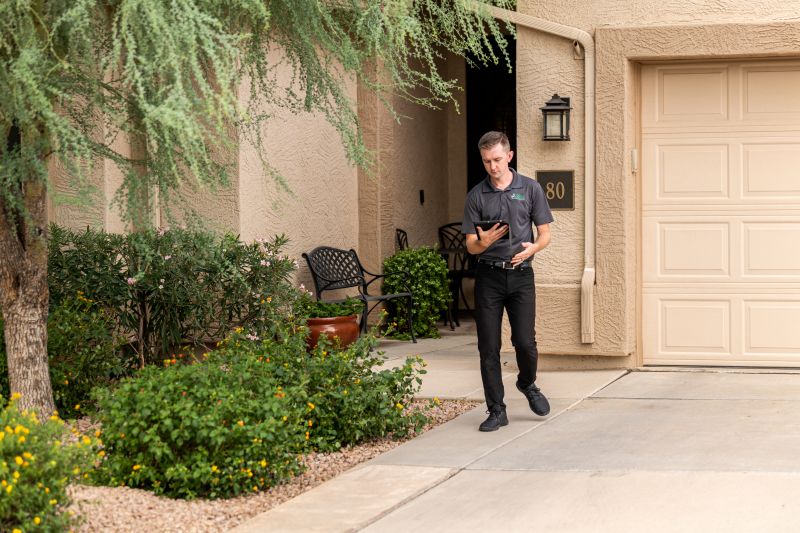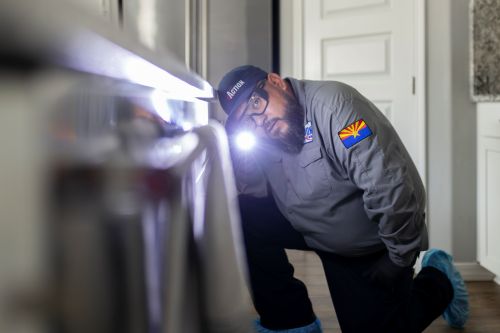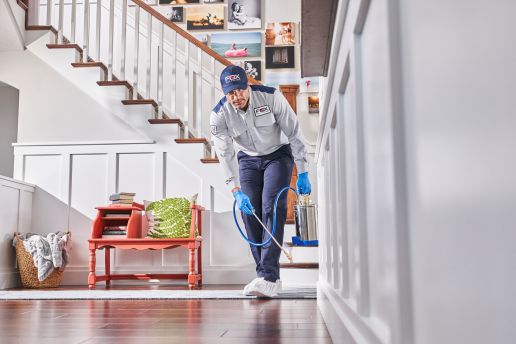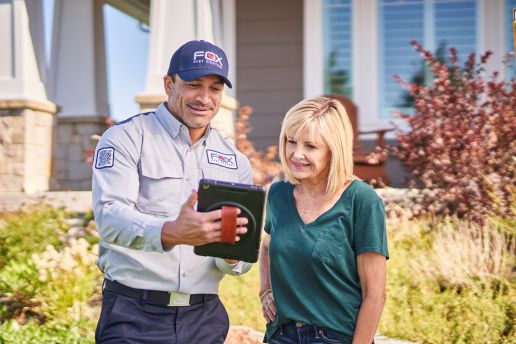6 Tips and Strategies for Succeeding in a Turbulent Economy from Dan Gordon of PCO Bookkeepers
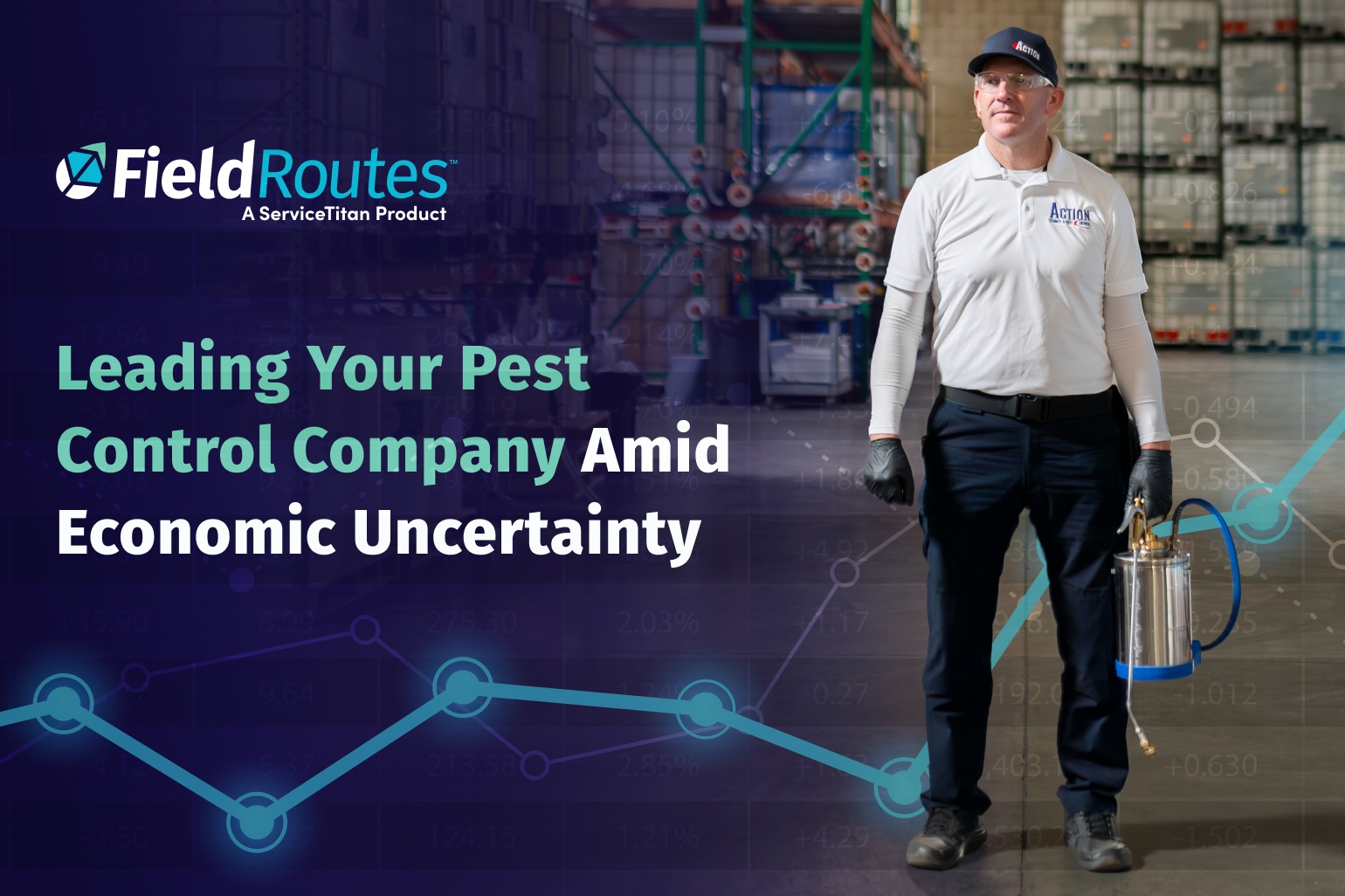
A chaotic economy can buffet even a sturdy and resilient industry such as pest control.
The twists and turns of the U.S. and global economies in 2025, especially in April, are being watched, if not felt, by pest control company owners across the country.
The impact of tariffs and the gains and declines in the Dow Jones, S&P 500 and NASDAQ have grabbed headlines.
But of high importance for business owners is how their customers perceive the economy.
"The materials and the vehicles are the big thing," says Dan Gordon, the founder and managing member of PCO Bookkeepers & M&A Specialists. "But the biggest thing is, what does it do to the consumer?
"That's what you're more worried about."
The University of Michigan's Index of Consumer Sentiment dropped 10.9% by mid-April, a fourth straight month of declines, and was down 34.2% from a year earlier. The Conference Board's measures of consumer confidence regarding future business conditions and employment prospects reached a 12-year low.
And that might have pest control company owners and leaders being more intentional than usual.
“Trying to save every account that we can!” says Gabriela Graffeo, office manager of Alabama’s Magic City Pest Control, whose market includes Birmingham and Huntsville.
Gordon, whose company is a new partner in the FieldRoutes Marketplace, spoke recently about actions companies can take and strategies they can implement to achieve their best success in a turbulent year.
1. Provide your best customer service
During the COVID-19 pandemic that began in 2020, pest control earned distinction as an essential service. And businesses thrived.
The economic uncertainty hovering over 2025 is far different. The most important way pest control companies can respond is to provide their best service.
"If I feel like I'm getting poorer and I don't see any bugs or my lawn is fine, I may say, 'You know what? Maybe I'll revisit this in the future,'" Gordon says. "The only thing you can do is provide great service.
"And that doesn't just mean great service on the lawns or on the house, but also in your office. Are your people polite or combative when people call for a re-treat? Or do you get the feeling that somebody's looking out for me?"
Outstanding customer service includes responding to customer queries quickly through phone, email, or social media; conducting thorough pest inspections, diagnosing not just visible problems but potential issues; and providing clear and actionable solutions so customers feel their pest problem is solved.
Strengthening transparency also can deliver results. Companies should send clear, automated reminders before appointments with details of who will arrive and what work will be done and complete details about pricing so customers don't get surprised.
In addition, sending follow-up emails or calls after service, newsletters, and social media engagement will keep good customers engaged.
Retaining customers is important because it’s easier, and cheaper, than acquiring new ones.
Acquiring a new customer can cost seven times more than keeping an existing one, and increasing customer retention by 5% can boost profits by 25-95%. Loyal customers also could engage with a company’s other services and increase their lifetime value to the business.
2. Raise your prices … wait, what?!
Yes, raise your prices.
“Price increases should be done annually on the anniversary date of all service contracts,” Gordon says. “And I don't care how bad the economy is, you’ve still got to do it.”
Pest control companies will be gauging how tariffs affect costs of chemicals or vehicles, which contain imported ingredients or parts, as they determine whether to pass along increases to customers.
Gordon says that if chemical costs represent 7% of a company’s expenses, with a third of the products imported, then tariffs could deliver about a 2% impact on the bottom line.
With vehicles, Gordon says a $10,000 tariff for a truck lasting four years would mean an extra $200 a month for a company.
“You don't want to spend it, but it's not really going to hurt you,” Gordon says.
Similarly for a customer, a price increase for services might not become a deal-breaker. For pest control services priced at $50 a month, a 5% increase will cost customers an extra $2.50.
“Who cares, right?” Gordon asks.
3. Collect accounts receivable
The United States’ last recession, from 2007 to 2009, and the COVID pandemic caused major economic jolts.
“Any time you have a jolt, cash is king,” Gordon told co-host Donnie Shelton on their PMP Insiders podcast. “Make sure you collect your accounts receivable. Preserve any credit lines, and make sure you’re in touch with your bank. In 2008 and 2009, banks were canceling people and not even telling them.”
4. Marketing: Know whether to play offense or defense
In sports, you’ll often hear the line that “the best offense is a good defense.”
Gordon says owners need to play defense when it comes to one of the three key areas that he believes can make or break pest control companies.
"Three things can make a great pest or lawn company, and those same three things can tank it," says Gordon, a mergers-and-acquisitions adviser, CPA and former pest control company owner. “It's labor, materials, and marketing.
"If you watch those three costs, you'll either do well or do poorly."
It’s marketing that serves as the trio’s wild card, Gordon says. The amazing marketing plan of 2024 might be tanking in 2025.
"You play offense when the economy's really hot," he says. "You play defense when the economy is either flat or going down."
Digital marketing, compared to days dominated by printing coupons and advertising in the Yellow Pages, offers companies important flexibility.
"You can dial it up and dial it back day to day," Gordon says. "Should the president say, 'OK, just kidding on the tariffs,' then I would go all-in with the market."
5. Eyes on KPIs
The key performance indicators that should concern a pest control company owner in 2025 aren’t really different than in any other type of economy, Gordon says.
"It's the same KPIs that you always look at," Gordon says. "You want to look at your cost per lead, conversion percentage, cost per sale.
"Then on your financial statements, you want to look at your gross margin, you want to look at your growth, and you want to look at your EBITDA or your adjusted EBITDA."
6. Use your CRM to your advantage
A strong CRM, such as what FieldRoutes software offers, helps a pest control company automate, optimize, and deliver superior customer experience.
“The software’s a big part of business intelligence, in good times or bad,” Gordon says. “If you're trying to grow your company, you need to have good software.”
Routing and scheduling solutions can help reduce windshield time for technicians and get them to more stops each day, meaning more revenue for the company, and reduce fuel expenses.
“Your software gives you a lot of intelligence on route efficiency,” Gordon says. “If you can't always raise prices, your route efficiency has the same effect.”
Reporting dashboards offer companies real-time insight so that leaders can make data-driven decisions.
“It can give you views on what your dollar-per-hour is on an account, number of re-treats, your 90-day column, your accounts receivable,” Gordon says.
Automated communication tools not only make the team in the field and the office more efficient but promote a more clear and convenient experience for customers.
And a CRM's automated invoicing and collection features deliver for an increasingly digital-first customer experience and help companies get paid faster while reducing accounts receivable.

